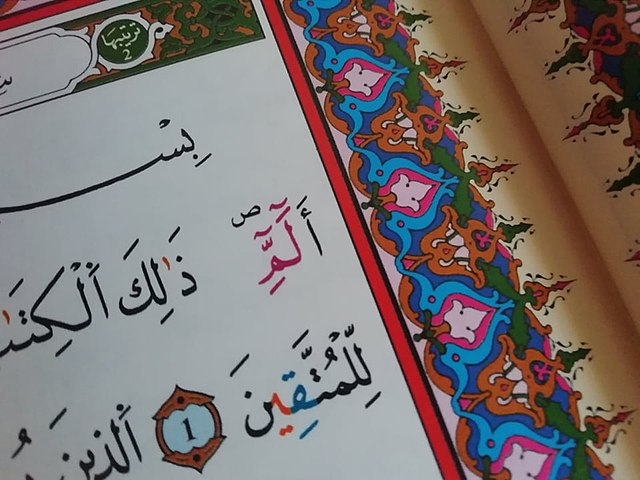After the time of Muhammad, the Quran was compiled and distributed around the Muslim world in the time of Uthman. As a standard vowelisation was not yet developed in the Arabic language, different readings of the Quran were developed resulting in variations it's text. Here are a number of examples how the differences result in different meanings and in some cases practice.
The examples below show some key differences the Hafs and Warsh readings of the Quran. Hafs was one of the primary transmitters of one of the seven canonical methods of Quran's recitation (qira'at)which has become the most popular method across the majority of the Muslim world. The use of the Warsh recitation is widespread in North Africa.
Quran 1:4
Hafs: Maaliki
Warsh: Maliki
Only owner
King
Transliteration: Maaliki Yawmi aldeeni
Transliteration: Maliki Yawmi aldeeni
Translation: The only Owner of the Day of Recompense
Translation: The King of the Day of Recompense
Significance: Is Allah the only owner, or is he the king of the day of Recompense? To be fair, he could be both, and that is why Muslims like to use this example.
Quran 2:10
Hafs: Yakzibuuna
Warsh: Yukazzibuuna
They lie
They accuse others of lying
Translation: In their hearts is a disease, and Allah increaseth their disease. A painful doom is theirs because they lie
Translation: In their heart is a disease, and Allah increaseth their disease. A painful doom is theirs because they accuse (others) of lying
Significance: Are they doomed because they lie, or because they accuse others of lying? Warsh’s accusing others of lying doesn’t fit the context of this passage.
Quran 2:58
Hafs: Naghfiru
Warsh: Yughfaru
Shall forgive
Shall be forgiven
Translation: And [remember] when We said, ‘Enter this town and eat bountifully…and say: ‘Forgive us,’ and We shall forgive you your sins...
Translation: And [remember] when We said, ‘Enter this town and eat bountifully…and say: ‘Forgive us,’ and It (m) shall be forgiven you your sins...
Significance: Who forgives sin? * Is it ‘we’ [god?], or are they arbitrarily forgiven?
Quran 2:125
Hafs: Attakhizuu
Warsh: Al Asbahaani: Attakhazuu
Take you
they took; have taken
Translation: And when We made the House a place of resort for mankind and a place for safety. And take you the place of Ibrahim as a place of prayer...
Translation: And when We made the House a place of resort for mankind and a place for safety. And they took/have taken from the place of Ibrahim as a place of prayer...
Significance: Do they take this place now, or has it already been taken? Hafs ‘take’ is addressing a plural form which fits the context better than Warsh.








